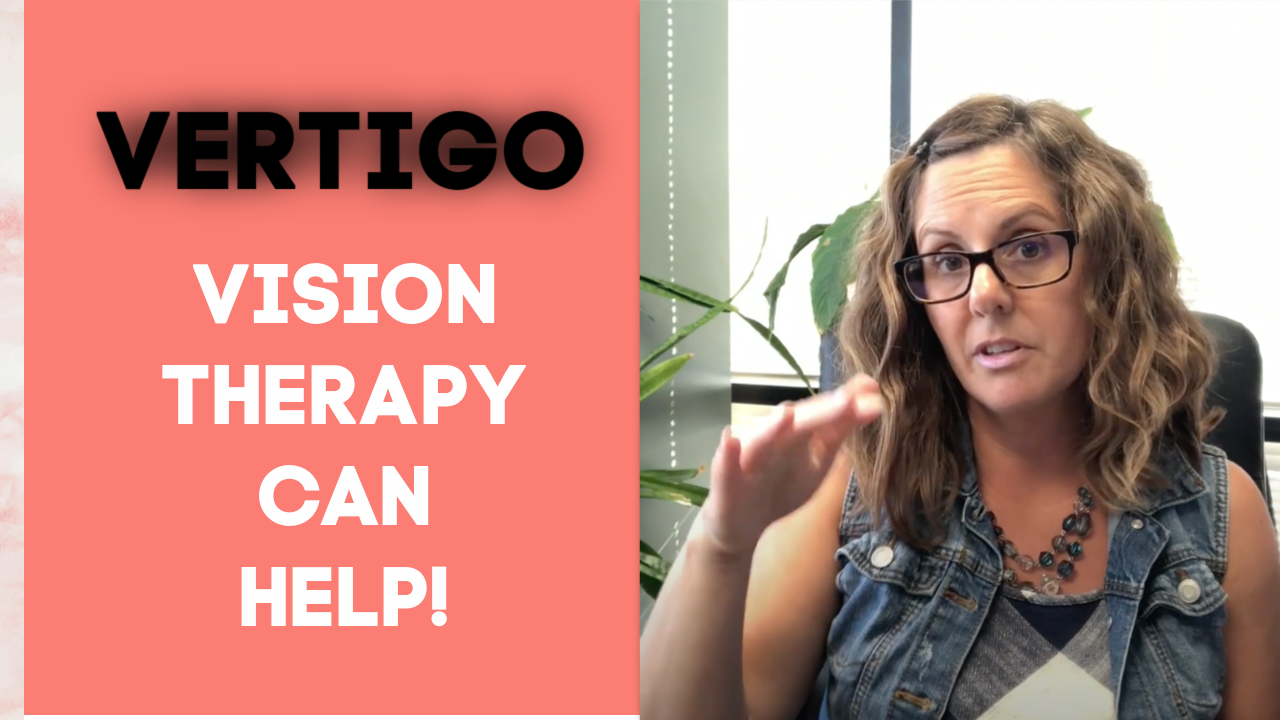It is not uncommon for many of us to feel dizzy or have balance issues at some point in our lifetime. You may have suffered from a head cold or allergies, reacted to a medication, or have undergone a mild concussion while playing sports, causing a feeling of unsteadiness or vertigo. What if the feeling of dizziness or sense of imbalance is persistent? There is a chance your symptoms are a result of vestibular dysfunction of the vestibular organ and neural connections in the brainstem. The good news is at Vision For Life, we are able to treat the symptoms so that your quality of life can be restored.
What may cause vestibular dysfunction?
It can be caused by damage to the vestibular system linked to disease, infection, medication, stroke or aging of the inner ear. As beforementioned, it can also be caused by a concussion or head trauma. If damage is present, symptoms that may occur include the following:
People with vertigo may also experience a vision problem called Oscillopsia. This condition makes objects appear to jump, jiggle, or vibrate when they are actually still. The condition stems from a problem with the alignment of your eyes, or with the systems in your brain and inner ears, that control the bodies alignment and balance.
How common is vestibular dysfunction?
Believe it or not, studies indicate that as many as 35% of adults over the age of 40 may have faced a form of vestibular dysfunction that caused vertigo in their lifetime. At Vision For Life, we are able to offer a thorough vision exam to find out what may be causing your feeling of vertigo and related symptoms. With our vision therapy and Syntonics program, we are able to diagnose and treat you or a loved one suffering from vestibular dysfunction.
Our vestibular system is made up of the peripheral vestibular organ that is located within the inner ear, the vestibulocochlear nerve, as well as the central vestibular organ and neural connections in the brainstem. When the wrong information is sent, or we receive information that doesn’t make sense to us, we may end up feeling the sensation of vertigo. To protect ourselves, we then try to limit movement to minimize that sense of imbalance or sensation of spinning.
Why does vertigo exist?
Vertigo causes vision problems in the first place because of the vestibulo- ocular reflex, the reflex that acts to stabilize gaze during head movement. When vertigo is present, it may be difficult to get out of bed in the morning, function at a job or school or perform day-to-day tasks.
Vertigo caused by vestibular dysfunction can be treated.
At Vision For Life, we can help “retrain your brain” and your eyes so that everything begins to work as a team again. Once we have diagnosed the vestibular dysfunction, we can begin a treatment plan. In some cases, it may also be necessary to work in conjunction with a physical therapist to resolve vertigo completely. By training eyes to work together and see visual space accurately, symptoms of dizziness can be reduced or even resolved.
Our personalized treatments for vertigo and related symptoms include a vestibular rehabilitation therapy (VRT) or vestibular rehabilitation (VR) plan. These targeted therapies take into consideration how well the eyes are working together, whether there is trouble focusing, eye tracking ability as well as visual acuity, refraction and peripheral vision testing. Our therapy programs include specific visual exercises to help retrain the brain on how to process signals.
Vestibular rehabilitation therapy includes Syntonic light therapy to electrically reprogram the brain to function with eyes and vestibular systems more efficiently; while the mechanical movement of the head during tracking improves the symptoms of vertigo. Additionally, if the vertigo is triggered by medication or a brain injury, we will help set up consultations with a nutritionist to detoxify the body and brain and aid in healing for optimum results.
As a functional and developmental optometrist, Dr. Julie Steinhauer offers customized vision therapies for individuals suffering from vestibular dysfunction issues. Her practicefocuses on restorative and rehabilitative vision, syntonic phototherapy and binocular vision conditions.
If you or a loved one is suffering from vertigo, contact Vison For Life to schedule an appointment with us at (618) 288-1489. You can also learn more about Vision For Life by visiting our website at https://visionforlifeworks.com/.
